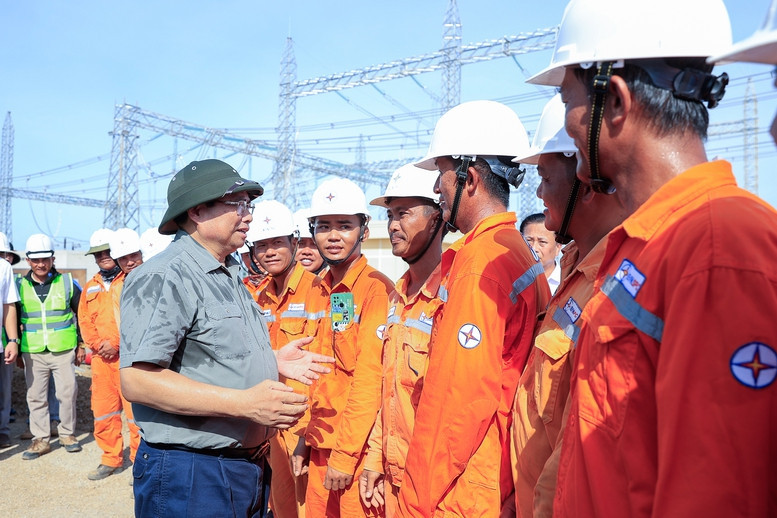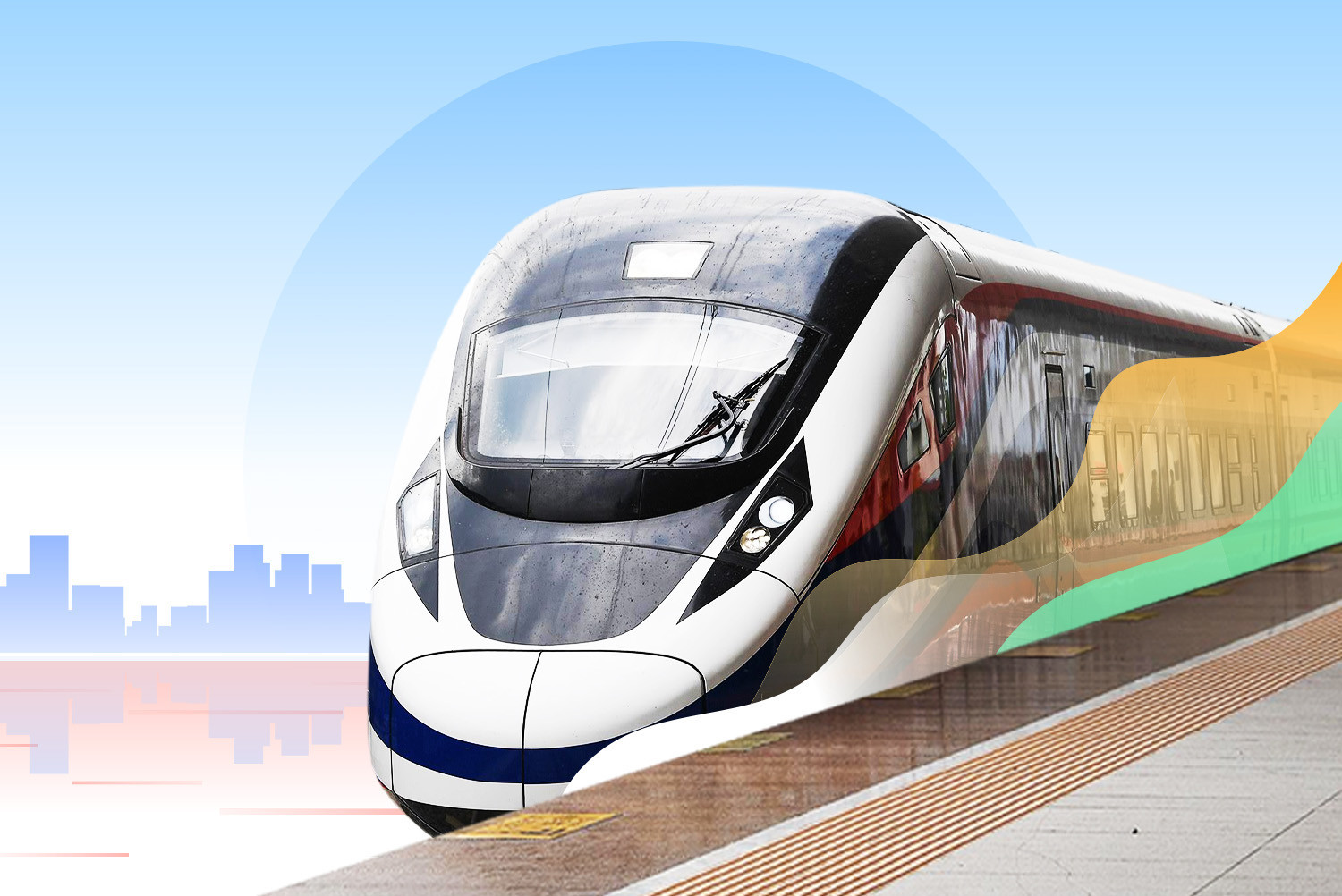In 2024, Vietnam's economy advanced with the guiding principle of “Only discuss solutions, not setbacks.” This determined approach turned the impossible into reality, culminating in impressive achievements that inspire confidence for overcoming new challenges in 2025.
Turning the impossible into reality
As 2024 nears its end, Vietnam's "economic train" is arriving at its destination, having navigated through numerous obstacles.
The economy achieved remarkable milestones, including GDP growth exceeding 7%, surpassing all 15 major economic targets, attracting nearly $40 billion in foreign direct investment (FDI), and reaching record-high levels of disbursed capital.
Signs of strong recovery can be seen in state revenue, with tax-managed collections alone exceeding 1.7 quadrillion VND ($71 billion), reaching 116% of the projected target by December 18.
For the full year, tax revenue is expected to surpass projections by approximately 245.6 trillion VND ($10.2 billion), reflecting a 13.7% increase compared to 2023.
Infrastructure milestones and resilience

Prime Minister Pham Minh Chinh visited and encouraged the workforce at the 500 kV Thanh Hoa substation construction site in Thieu Phuc Commune, Thieu Hoa District. Photo: VGP/Nhat Bac.
One of the most notable achievements of 2024 was the completion of critical infrastructure projects carried out with the determination to "brave the sun and defy the rain."
Among these, the 500kV power transmission line connecting Quang Trach (Quang Binh) and Pho Noi (Hung Yen) became operational under a highly accelerated timeline.
This project, supported by decisive government action and Prime Minister Pham Minh Chinh's oversight, proved its quality and resilience by withstanding the powerful Typhoon Yagi.
The power line is more than just an infrastructure accomplishment; it symbolizes the government's unwavering commitment to "turning the impossible into reality."
The successful completion of this project sets a benchmark for optimizing resource utilization and preventing waste, a sentiment echoed by Phan Duc Hieu, a standing member of the National Assembly's Economic Committee.
According to Hieu, the project not only brings economic benefits but also paves the way for broader opportunities in production and business development.
The government’s push extended beyond the energy sector.
Prime Minister Pham Minh Chinh’s “500 days and nights of determination” campaign inspired the initiation, completion, and operation of numerous highway projects, including the Dong Dang-Tra Linh and Huu Nghi-Chi Lang expressways.
Other significant achievements include the expansion of Noi Bai International Airport’s T2 terminal and the completion of expressway segments such as Dien Chau-Bai Vot and Cam Lam-Vinh Hao.
By the end of 2024, the total operational length of expressways in Vietnam surpassed 2,000 kilometers.
With an additional 1,700 kilometers under construction, the country is set to achieve over 3,000 kilometers of expressways by 2025, a historic milestone in infrastructure development.
Laying the groundwork for double-digit growth

As Vietnam transitions into 2025, the government is setting its sights on ambitious goals, including double-digit GDP growth of over 10%.
This target is seen as essential for achieving the nation's centennial milestones: the 100th anniversaries of the Communist Party and the establishment of the country.
Prime Minister Pham Minh Chinh emphasized the need for rapid and sustained growth, stating that rates of 6.5-7% would not suffice to elevate Vietnam to high-income status by 2045.
To meet these ambitious targets, the government has laid a solid foundation through key reforms in institutional frameworks, streamlining government operations, and initiating transformative projects such as high-speed rail and nuclear power.
"Institutional frameworks are both resources and drivers of development," the Prime Minister said, underscoring the importance of a conducive regulatory environment in unlocking economic potential.
Efforts to strengthen the private sector are also gaining traction, with experts highlighting the need to boost its contribution to GDP, currently at only 10%.
Dr. Nguyen Dinh Cung, former director of the Central Institute for Economic Management, stressed the importance of overcoming institutional bottlenecks and moving away from a "prohibit if unmanageable" mindset.
According to Dr. Cung, "A strong private sector, coupled with advancements in science and technology, is essential for achieving an independent and resilient economy."
A roadmap to transformation
The Ministry of Industry and Trade has also committed to significant contributions, aiming for industrial growth of 12-13% in 2025.
This would represent a 50% increase over the 8.4% growth recorded in 2024, a challenging yet critical step toward achieving the government's broader economic vision.
Dr. Tran Dinh Thien, former director of the Vietnam Institute of Economics, noted that preparation is key to turning ambitious goals into reality.
He cautioned that without proper resources and strategic planning, these goals could remain mere aspirations.
To this end, the government has prioritized the development of high-speed rail projects and the revival of nuclear power as part of its long-term strategy.
These initiatives are designed not only to stimulate immediate economic growth but also to position Vietnam as a competitive player in the global economy.
By focusing on institutional reforms, infrastructure development, and private sector empowerment, Vietnam is setting the stage for a new era of economic transformation.
The path forward is challenging, but the achievements of 2024 have demonstrated that with determination, the impossible can indeed become possible.
Luong Bang